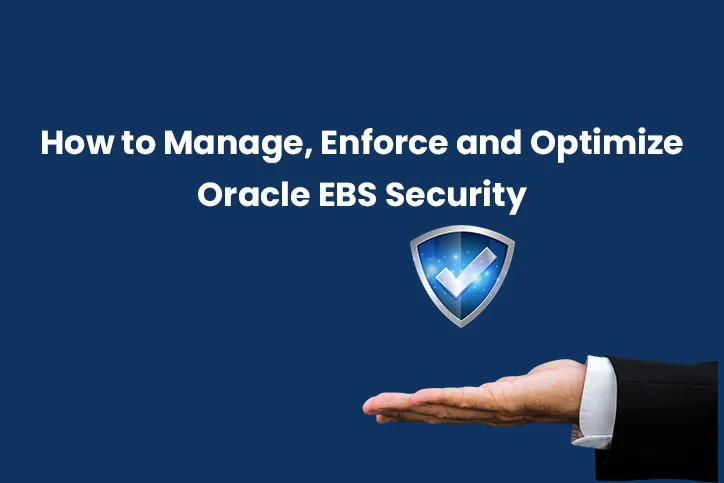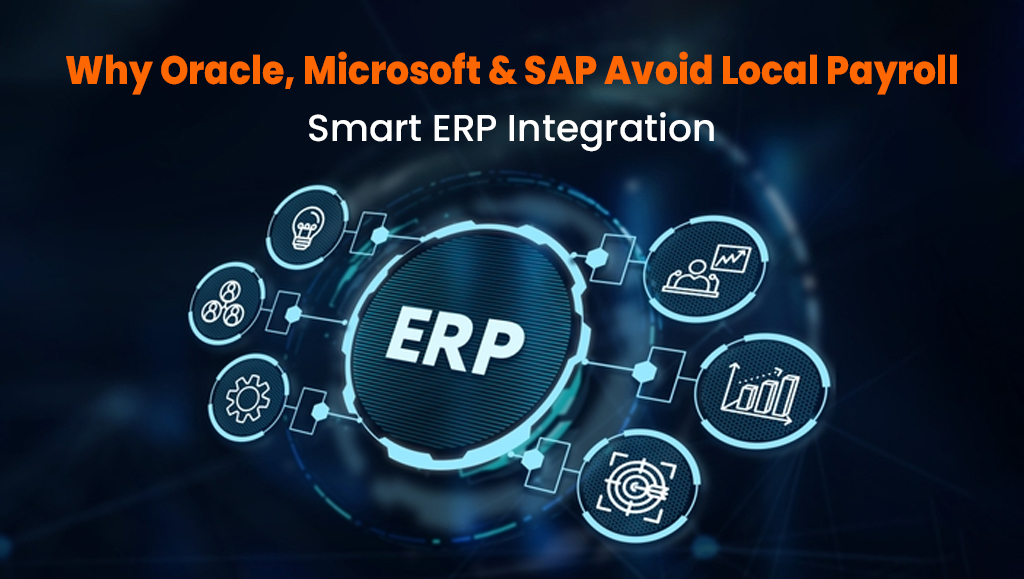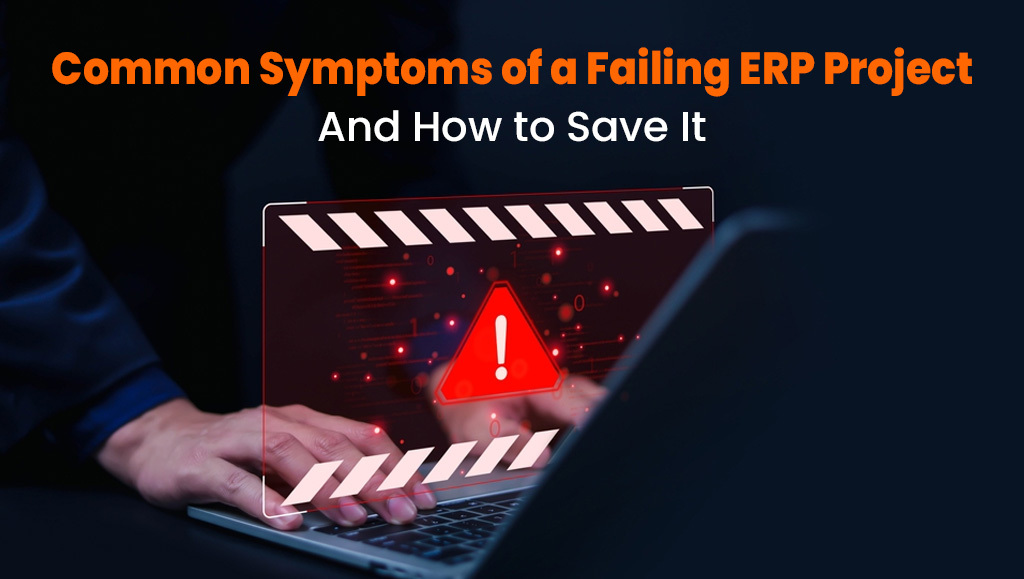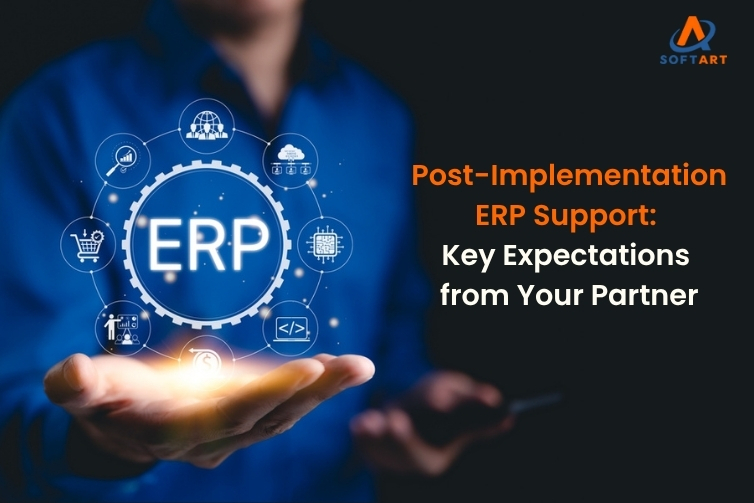How to Manage Enforce and Optimize Oracle EBS Security
As businesses embrace digital transformation, safeguarding Oracle EBS Security and Administration has become more than a regulatory necessity—it is a strategic imperative. Oracle E-Business Suite ...
Oracle
- 04-22-2025
- 240 Reads
- 5 min read




